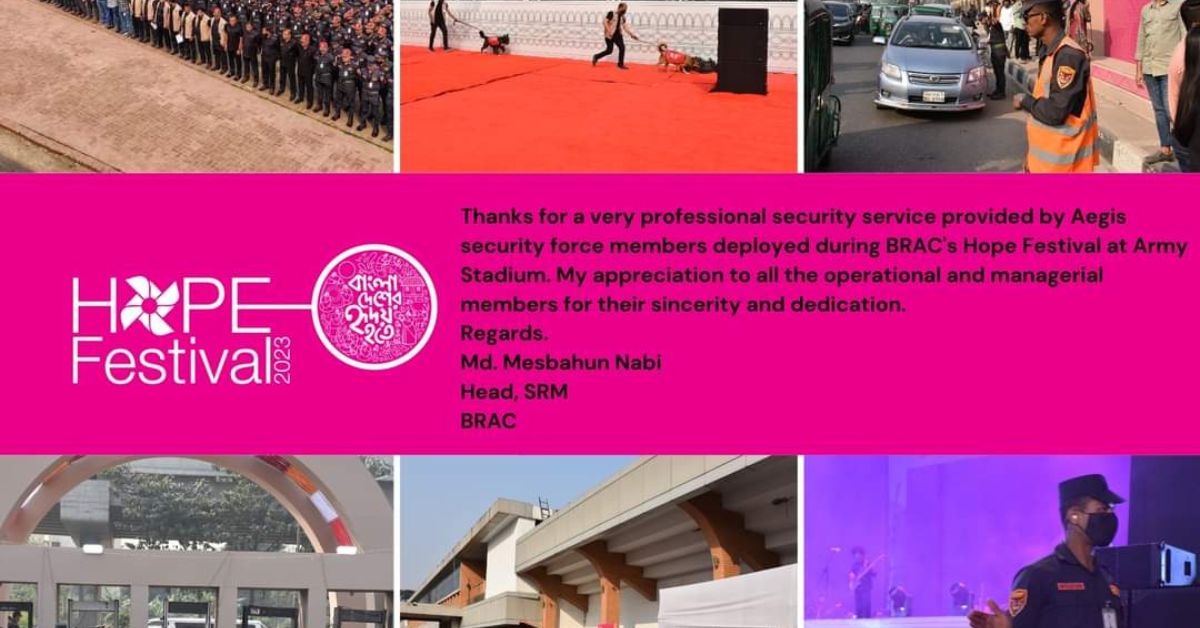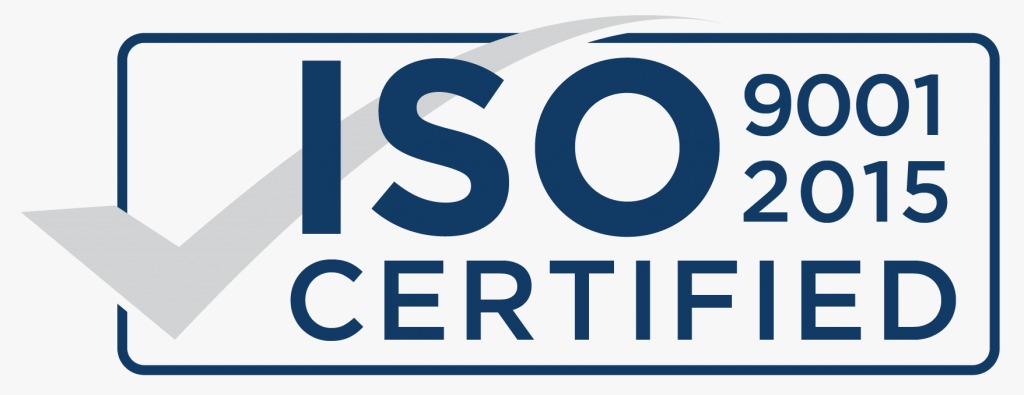Are you an event organizer or involved in event security management? Have you ever wondered about the critical issues or security challenges event management you must address to ensure attendees’ safety and security?
In this blog post, we will delve into the world of event security management and explore the key challenges professionals face in maintaining a safe and secure environment for events of all sizes. Join us as we uncover the issues that demand attention and discover effective strategies to mitigate risks.
Event security management is the process of planning, implementing, and monitoring security measures to protect attendees, staff, and property at events. It encompasses a wide range of activities, including:
- Assessing potential threats and risks
- Developing and implementing security plans
- Hiring and training security personnel
- Coordinating with local law enforcement and emergency services
- Managing security operations during the event
- Responding to incidents and emergencies
What is security in event management
Event security management is a complex and challenging task, particularly for large and complex events. Event organizers must balance the need to provide a safe and secure environment for attendees with the need to create a welcoming and enjoyable atmosphere.
In recent years, the security landscape has become increasingly complex and challenging. Event organizers now face a wider range of threats, including terrorism, cyberattacks, and active shooter incidents. Additionally, the COVID-19 pandemic has created new security challenges, such as the need to screen attendees for symptoms and enforce social distancing measures.
Despite the challenges, effective event security management is essential for the safety and success of any event. Event organizers can mitigate risks and protect attendees by developing and implementing comprehensive security plans.

What is the role of event security manager
Primarily event manager is the responsible person for event security. But, it can be noted that no one can clap with a single hand. So, both the parties can tackle the challenges
what are the challenges to security for event
Organizer or event security provider may faces various challenges of event management in hospitality industry. The challenges may be acute during hosting an event when unnecessary issues arise.
Challenges:
Technical Support
In event security management, technical support refers to technical assistance with security equipment such as access control, alarm, surveillance, and incident response systems. Technical support services ensure that any technical glitches or malfunctions are fixed promptly, minimizing the risk of security breaches or system downtime during events.
In addition, technical support may involve on-site support, where technicians are present at the event location to provide immediate responses to any issues with the security equipment. This support is crucial in ensuring that the security equipment and systems run effectively and efficiently, ensuring maximum safety for attendees and staff.
Ensuring technical support for event security management is essential in minimizing the risk of security breaches and system downtime during events. Technical support guarantees that the security equipment and systems are running correctly, providing maximum safety for everyone present.
Equipment (Logistic Support)
Equipment (Logistic Support) for event security management encompasses a range of tools and resources necessary to ensure an event’s safety and security. These specialized equipment are designed to support the logistical aspects of event security.
One of the key equipment used in event security management is access control systems. These systems enable event organizers to manage entry and exit points, allowing authorized personnel to access restricted areas while preventing unauthorized entry. Access control systems often employ technologies such as ID cards, key fobs, or biometric scanners to regulate access.
Another essential piece of equipment in event security management is surveillance systems. These systems include CCTV cameras, video monitoring equipment, and surveillance software. They play a critical role in real-time monitoring, recording, and analysis of activities to identify potential security threats and respond promptly.
Alarm systems are also crucial components of event security logistics. These systems consist of intrusion, fire, and panic alarms strategically placed throughout the event venue. They promptly alert security personnel in case of any security breach or unauthorized entry, enabling quick response and appropriate action.

Environmental Factors
Environmental factors are crucial in event security management, and the event’s location influences them. Event planners need to consider these factors as they can significantly impact the effectiveness of security measures and the overall safety of the event.
Weather conditions are an important environmental factor that must be considered. Extreme weather situations like heavy rain, thunderstorms, or high winds can pose significant risks to the event and the attendees. It is essential to develop strategies to mitigate these risks, such as implementing measures to prevent water damage, ensuring the structural integrity of temporary structures, and establishing plans to evacuate attendees in emergencies.
Another critical environmental factor is the venue itself. The venue’s characteristics, including its size, layout, and entry and exit points, will influence the security strategies that must be implemented. For example, an outdoor event in an open space will have different security challenges than an indoor event in a confined space. Planners must carefully assess the venue’s characteristics and develop appropriate security measures accordingly.
Natural or artificial disasters are additional environmental factors that can impact event security. Earthquakes, floods, fires, or potential terrorist threats are risks that can disrupt an event and threaten the safety of attendees. Event planners must be prepared to handle these situations by developing emergency evacuation plans, establishing effective communication protocols, and implementing security measures to minimize the likelihood of any disaster.
By considering these environmental factors in event security management, planners can proactively assess potential risks and develop comprehensive strategies to ensure the safety and success of the event.
Communication Challenges
Effective communication is crucial for ensuring the safety and security of events. Communication challenges can arise due to the need for coordination among various stakeholders and the complexity of communication efforts. Through addressing those challenges, event security management should prioritize developing a comprehensive communication plan that outlines preferred communication channels, protocols for reporting incidents, and methods for sharing critical information in real-time.
Effective communication among security personnel, emergency services, event staff, and external agencies can be challenging during large-scale events. In these situations, event organizers should establish clear lines of communication among all relevant parties. They should also adapt communication styles to suit stakeholders with different backgrounds, roles, and responsibilities. Clear and concise language, avoiding jargon or technical terms, and active listening help ensure that all parties understand each other and can respond effectively.
Regular communication drills and exercises can also help identify any weaknesses in the communication process and facilitate continuous improvement. By implementing effective communication strategies, event organizers can enhance their ability to manage security incidents and ensure the safety of their events.
Staffing shortages Issues
Staffing shortages in event security management can have far-reaching impacts on maintaining the safety and security of events. A lack of available and qualified security personnel can compromise the ability to maintain a strong security presence. As a result, increase the workload on available staff. Moreover, delay response times to incidents or emergencies.
To address staffing shortages, event organizers may consider outsourcing event security management to experienced security firms. One of the hiring quality are of those agencies or service company who can supply adequate resources. Additionally, gained the capacity to provide qualified and trained security personnel. They can also partner with local law enforcement agencies, security training academies, or organizations. It’s all about to build a trustworthy reputation. Specializing in event security, makes them one step forward to attract qualified individuals to join the team.
It is important to recognize that staffing shortages can lead to fatigue, burnout, and diminished effectiveness among available staff members. These outcomes can impact the capacity to address critical security threats effectively, such as crowd control or emergencies. However, with a proactive approach and effective recruitment strategy, event organizers can alleviate these challenges and ensure safety and security for all attendees.
How security managers can overcome challenges:
Work with local law enforcement:
Event managers should work closely with local law enforcement agencies to develop a security plan for their event. Law enforcement can provide valuable advice and assistance on various security issues.
Communicate with attendees:
Event managers should communicate their security plan to attendees before the event. Better communication can be done through the event website, social media, and email.
Monitor the situation:
Event managers should monitor the situation throughout the event and be prepared to adjust the security plan as needed.
Summary
Event security is a complex and challenging issue, but it is essential for ensuring the safety of attendees and staff. By understanding their security challenges and taking steps to mitigate them, event managers are committed to maintaining a secure environment for everyone involved.






Leave A Comment